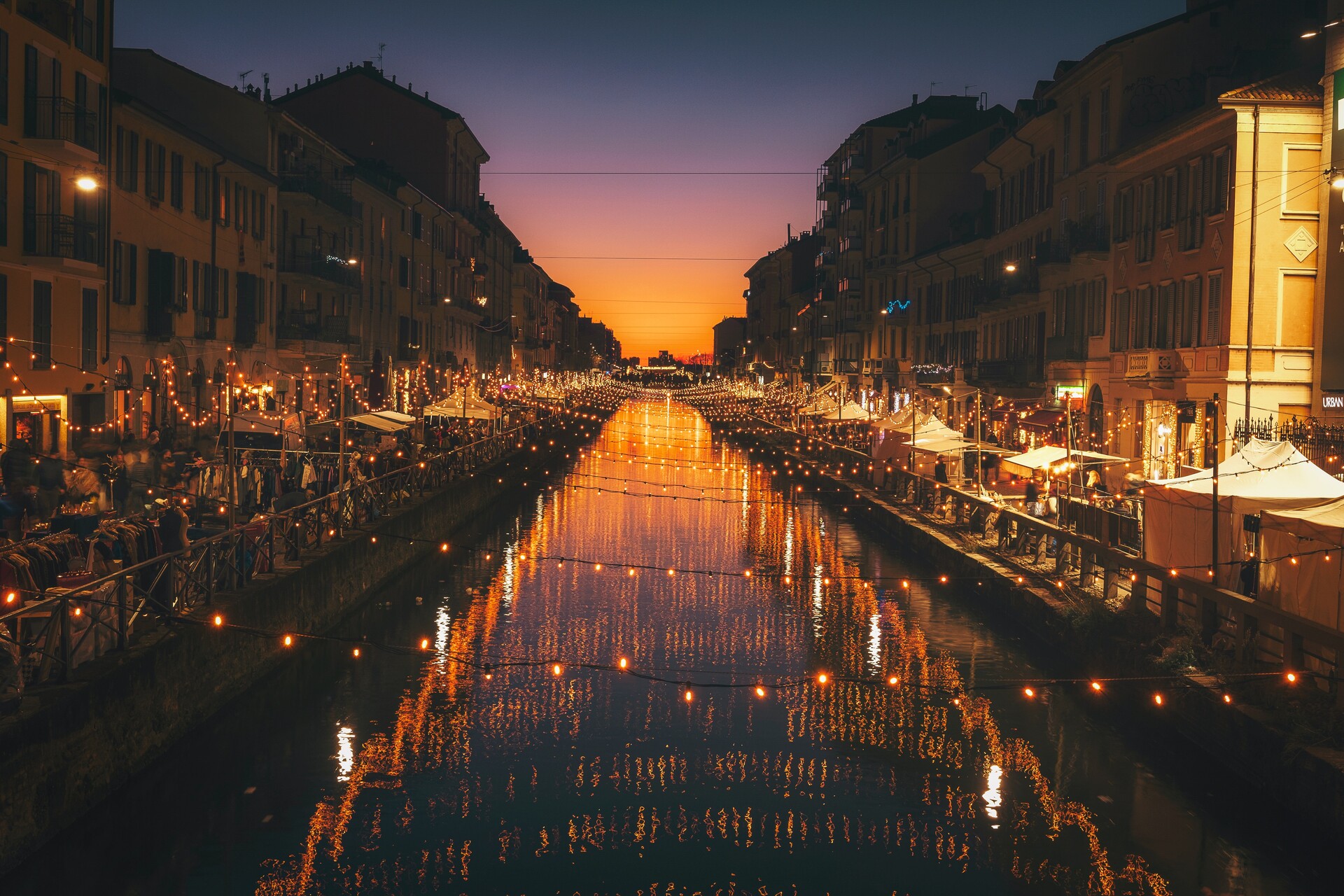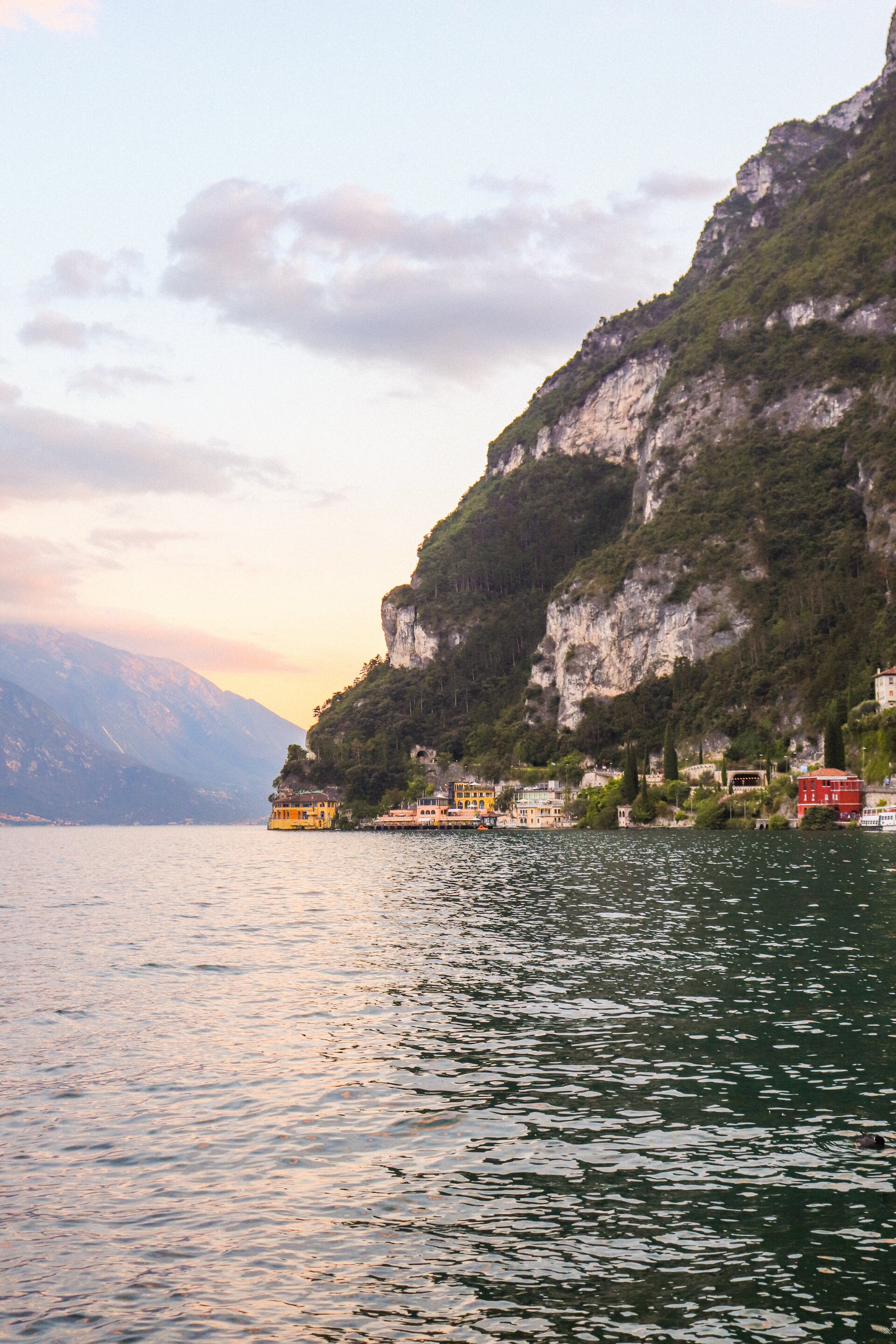My Erasmus Experience in Milan, Ana
Why did you choose to go to Milan in Italy?
I chose Milan because I had an agreement with the department running my degree, it offered classes in both English and Italian and because it has international airports from which you can travel cheaply to a lot of places. Also, out of all the available options it was the most interesting one.
How long did your grant last? How much money did you receive?
In my case it lasted 9 months and I think I received €300 a month, enough to pay the rent or at least part of it. But you have to remember that they gave me that amount in 2010-2011, before all the grant cuts and it varies a lot depending upon which autonomous region you come from. The Andalusian regional government gives a lot, In Castilla and León not as much and in Catalonia even less.
What’s life like for a student in Milan?
It depends a lot on the campus where you study. Normally, students from different universities don’t tend to intermingle, but in all the faculties there are foreign students. I would suggest that at the start you use the Erasmus Student Network (ESN) and then once you have met people then you can detach yourself a bit from it. Milan is not renowned for its party culture but like in any other big city, at any moment or at any given time you can find events and things happening.

I met most of my friends and other foreign students in my language classes which are great if you go on Erasmus with the intention of meeting people from other countries and not just Spaniards.
Would you recommend the city and the University of Milan to other students?
Of course I would! Above all else, go on Erasmus for a year. A good thing about the city is that being in the north as well as very big, a lot of people speak English and you can easily travel to other places. The bad thing is that it is expensive.
In relation to the university, I studied at Milan Polytechnic. It is an internationally respected university held in high regard, but the level is the same for everyone (Italians and foreigners). The canteen is not anything special, but the university offers a lot of courses in English and Italian.
What’s the food like?
Obviously good, even for a celiac. Most of the cuisine is very similar to Spanish, Mediterranean gastronomy. Milan also has a lot of very good restaurants which serve food from all over the world. I would recommend the famous Aparetivo. At 7pm they offer a buffet where you only pay for drinks and not for food. Although the drinks are expensive, around €7 each, you can eat a lot.
¿Was it challenging to find accommodation in Milan?
Very, very, very challenging. The best way to find a place here is to take advantage of social networks and student groups. If you know anyone who has lived there or is coming back ask them for help or If you can take over their room.
How much does it cost to live in Milan?
A lot, it is a bit more expensive than Madrid. Accommodation is the most expensive, you will find it hard going to find a room for less than €400 a month. This is the reason why a lot of people opt for a shared bedroom. Going out was also expensive but you could circumvent this by using discounts from your Erasmus card and with using tricks like Aperitivo and sniffing out offers.
How was it speaking the language? Did you study it?
It is a tricky language. Not impossible of course, but a lot harder than I thought it would be. I started to learn Italian two months before moving out there and I only finished classes one month before leaving. A warning though, some universities and professors require a basic to medium command of the language in order to pass you. Other places like Milan Polytechnic allow you to take your exams in English. I recommend going to language classes and listening a lot to the radio.
What is the cheapest way for you to get to Milan from your town?
Take a Ryanair flight.
Where would you recommend going to spend a night out in Milan?
Old fashion on Wednesdays, Alcatraz and if you want to go out partying the best thing to do is go to the ESN events which have links with bars and clubs and offers depending on the day. I would also recommend drinking and hanging out at people’s house especially if there are few or no Spanish people. You can enjoy a multicultural atmosphere which you will never experience in your own city.
And to eat? Can you recommend some good restaurants?
The Naviglio area is good for appetisers, the Arco de la pacce pizzeria as well as small stalls where you are basically eating standing up. A piece of advice; before deciding, take a look at the menu and the prices. Don’t be embarrassed, everybody does it there in order to avoid nasty surprises.
And the must see cultural points of interest?
If you live in Milan you simply must visit the lakes to the north of the city like Garda, Lecco and Iseo. At least go to one or two, especially Garda. You should definitely also visit Bergamo, Venice, Genoa and Verona. Turin and other famous nearby towns and villages are cool and Padova and Vigevano are a must see.

What advice would you give to future students who are going to live in Milan?
Avoid, if you can, people who speak the same language as you. Try and make lots of friends from different countries as well as Italians. Buy a second hand bicycle. Ignore any type of racism, Speak a lot of Italian. Make sure you clean, cook and sleep enough and live every second like it’s your last because it will be the best year of your life.
Photo gallery
Content available in other languages
Share your Erasmus Experience in Milan!
If you know Milan as native, traveler or as exchange student... share your opinion on Milan! Rate different characteristics and share your experience.
Add experience →

















Comments (0 comments)